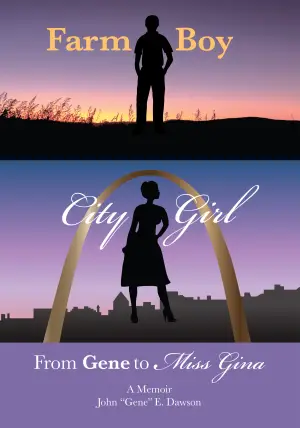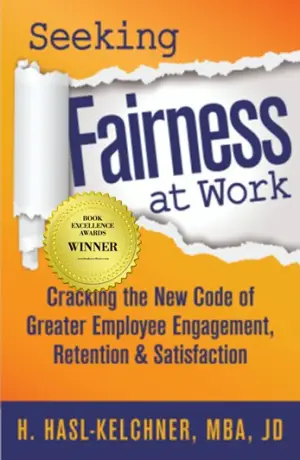Discovering the Layers of “Minor Feelings: An Asian American Reckoning”
When I first picked up Minor Feelings by Cathy Park Hong, I was drawn not just by the title but by a deep-seated curiosity about the complexities of identity in America. As a biracial person myself, I often find myself navigating the labyrinth of cultural nuances, which made Hong’s exploration feel like an invitation to a conversation I had long been waiting for.
Hong’s book is not merely a memoir; it’s a poignant cultural critique that elucidates the often-unvoiced struggles of being Asian American. At its heart, the book examines the nuances of “minor feelings”—emotions that are shaped by the confluence of race and nationality, serving as a reminder that minority identities are not monolithic. Opening with her experiences, Hong writes, “For as long as I could remember, I have struggled to prove myself into existence,” which perfectly encapsulates the existential weight many of us carry.
Throughout her essays, Hong delves into deeply personal yet universally relatable themes such as racial self-hatred, the pressure of the model minority myth, and the struggle for self-identity amidst external perceptions. Her vivid words resonate as she states, “Racial self-hatred is seeing yourself the way the whites see you,” a sentiment that reflects a lifetime of internal conflict. The progression of her narrative, interwoven with reflections on family and culture, allows readers to engage intimately with her journey through pain, shame, and ultimately, emancipation.
One of the most striking aspects of Hong’s writing is her lyrical style, which blends analytical insight with poetic prose. She masterfully captures the cognitive dissonance many Asian Americans experience, particularly in her exploration of assimilation: “The privilege of assimilation is that you are left alone. But assimilation must not be mistaken for power.” Such lines not only provoke thought but also elicit a pang of recognition for readers like me, who have grappled with similar notions of belonging.
Hong’s reflections on intergenerational trauma, particularly as a mother reading to her daughter, struck a personal chord with me. “I am not passing down happy memories of my own so much as I am staging happy memories for her,” she writes, nudging readers to reflect on the legacies we cultivate for the next generation. This sentiment invites contemplation on how we balance our heritage with the desire to shield our loved ones from pain.
In the end, Minor Feelings is essential reading for anyone who seeks to understand the intricacies of racial identity in contemporary America. Its significance is layered; it offers a lens through which to explore not only Asian American experiences but the broader idea of race and cultural belonging.
I would wholeheartedly recommend this book to readers looking for deep, reflective insights into race, identity, and the human experience. Hong’s work encourages us to confront uncomfortable truths while also celebrating the resilience of marginalized voices. Joining Hong on this journey was a cathartic experience, marking Minor Feelings as a book that will linger in my thoughts long after turning the final page.
Discover more about Minor Feelings: An Asian American Reckoning on GoodReads >>






